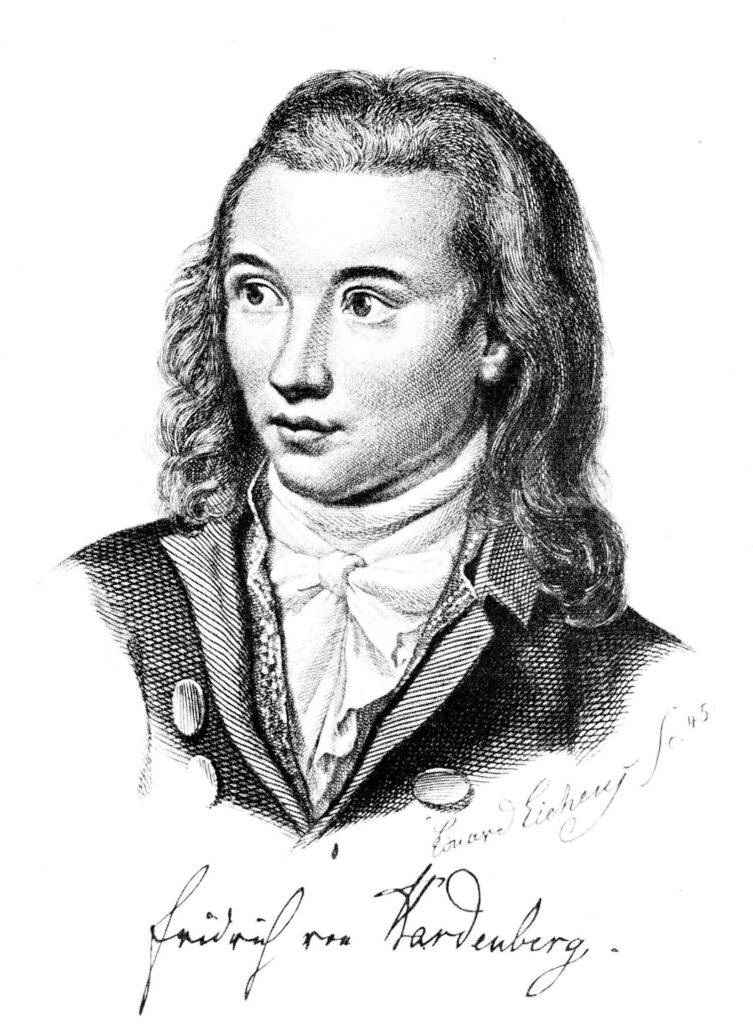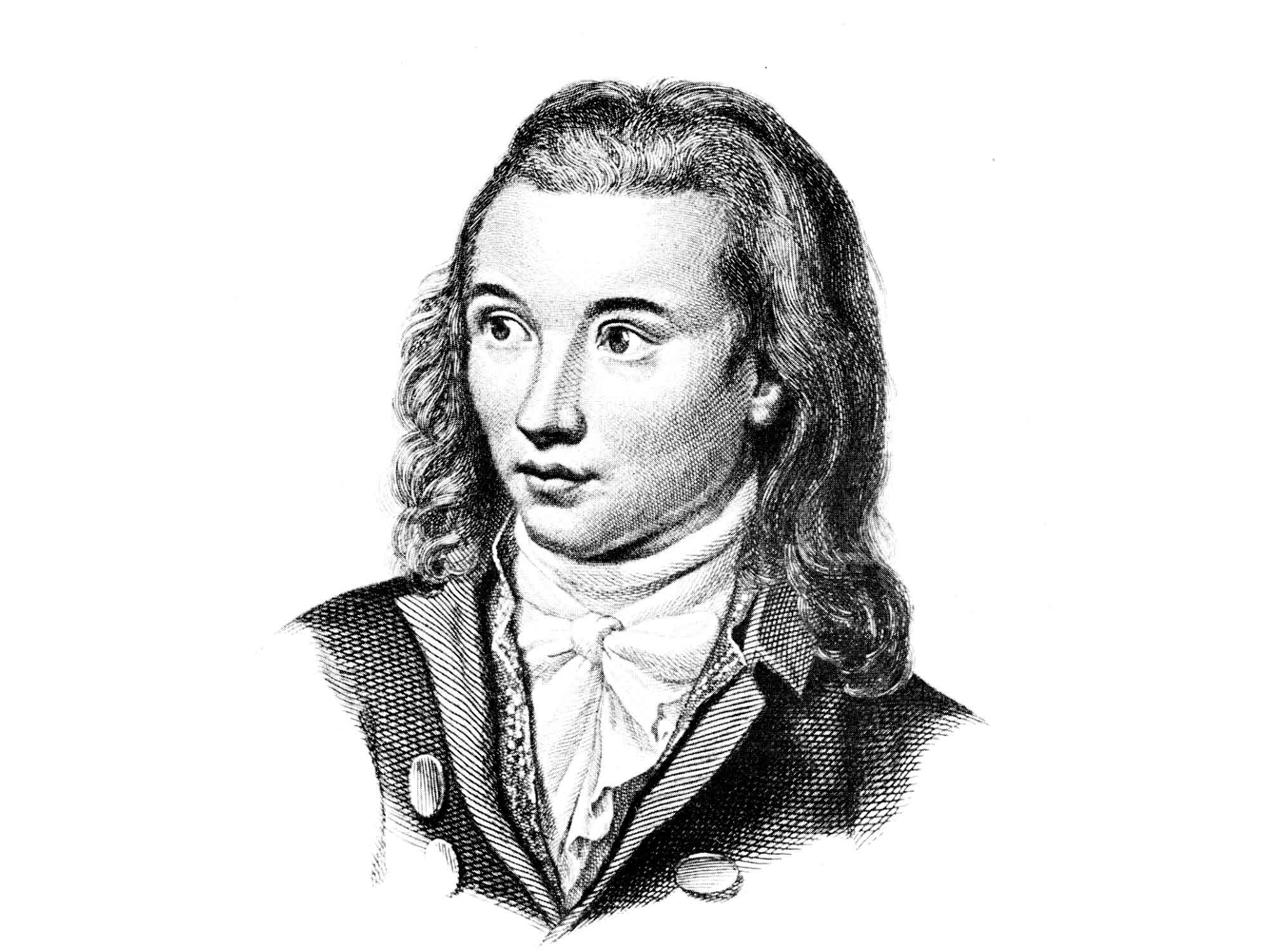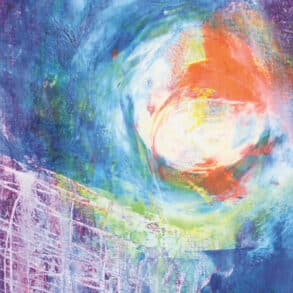What can philosophy do about uncertainty? This is what two journalists of the ‹NZZ›1 asked Peter Sloterdijk a few years ago.
The philosopher replied that a story had to be told in which the insecure could find themselves. This narrative must reach as far as the French Revolution because, since this political change we have been in an ongoing revolution, a «chronic unrest». Since the invention of the steam engine, technical revolutions and political revolutions have followed each other, which together do not spare the soul from an ongoing revolution.

Then followed Sloterdijk’s surprising thought: «If people are unhappy, then it has to do with the fact that today we do not succeed in creating a convincing romanticism.» At the time of Napoleon, it was possible to cope with the uncertainty by «romantically investing». Despite the longing for romance, this is no longer possible today. The journalists, who probably did not expect ‹romanticism› to be the key to today’s problems, did not ask any follow-up questions. Let us ask: How can we succeed today, as Novalis says of himself, in giving the known the dignity of the unknown, the finite the appearance of the infinite? This is looking with fresh eyes. Hold back all knowledge and all wisdom to see and listen, unbiased. A dramatically changing world is a young world. Wisdom gained from the past slams the door shut more often than it opens it. Novalis only got to live 28 years. This is also a hint: Romanticizing means looking with young eyes. These are the eyes for a world that has become young.









